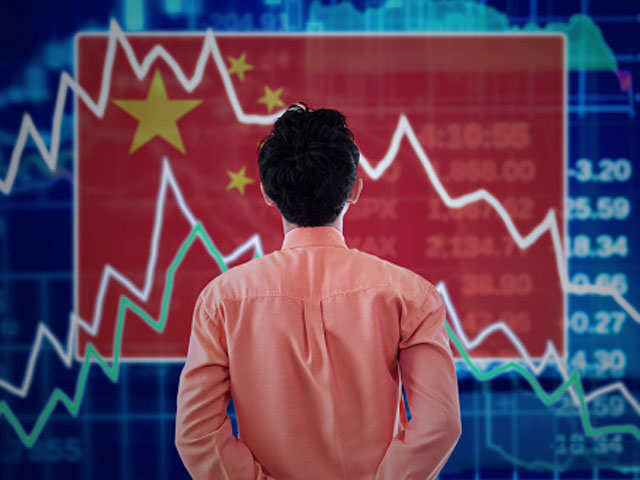INSUBCONTINENT EXCLUSIVE:
SHANGHAI: It’s barely six months into a broadening Sino-US trade war, and the fallout has already driven China’s stock markets into the
same league as debilitated emerging markets such as Turkey, Argentina and Venezuela.
With around a 20 per centloss so far in 2018,
Shanghai’s stock market has joined the crisis-hit trio among the world’s four worst performers
In stark contrast, the technology heavy US Nasdaq index is one of the world’s biggest gainers, up about 15.5 per cent.
While some analysts
say the rest of the world remains complacent about how disruptive a trade war could get between the two biggest economies — with their
deep and long production supply chain — the accusation could not be leveled at investors in Chinese markets, which have been hemorrhaging
Besides the headline drop in share values, China’s currency has fallen sharply and share transaction volumes have shrunk
Money managers are preferring cash over investments and investors have dashed into the safety of loweryielding government bonds.
“I’ve
seen hedge funds sitting on 10 billion dollars of cash or equivalent and waiting to get back into the market,” said Chi Lo, Greater China
economist at BNP Paribas Investment Partners, adding the uncertainty and lack of confidence could drag on for a few months.
And the war may
China and US President Donald Trump’s administration have so far only kicked off tit-for-tat tariffs on $50 billion of each other’s
Trump has said he is prepared to tax the entire roughly $500 billion of Chinese products that the US imports annually
Lo fears China’s economic growth could slip next year to 6.2 per cent, the slowest since 1990, as the full impact of the tariffs kicks
in.
UBS Securities estimates a fullblown trade war would wipe out profit growth at major China-listed companies, and the blue-chip index
could fall to 3,000 points in its worstcase scenario, which is around 7 per cent below current levels.
While most economists polled by
Reuters last month expected the trade war to also hurt the US economy, some US sectors, such as technology, are seen by investors as less
exposed than many more exportfocused Chinese companies, spurring Chinese buyers to shift funds into US stocks.

